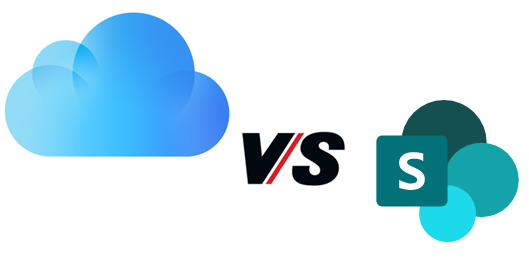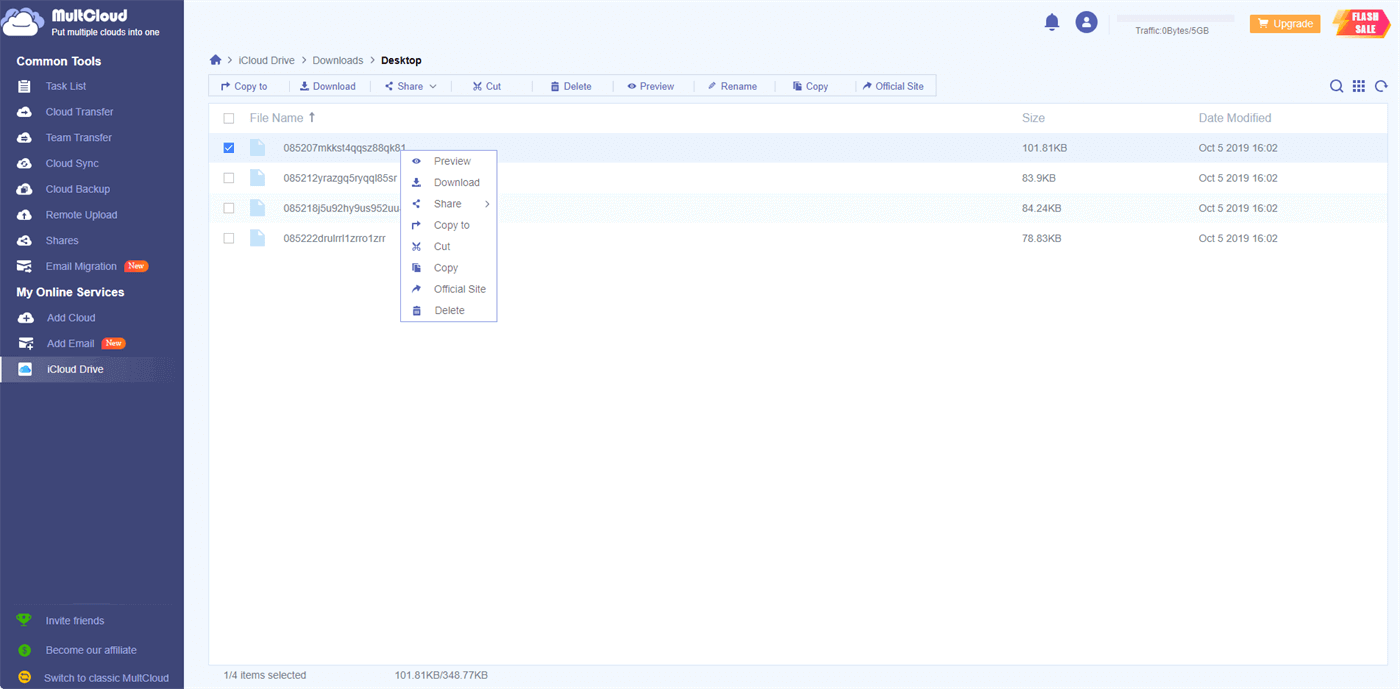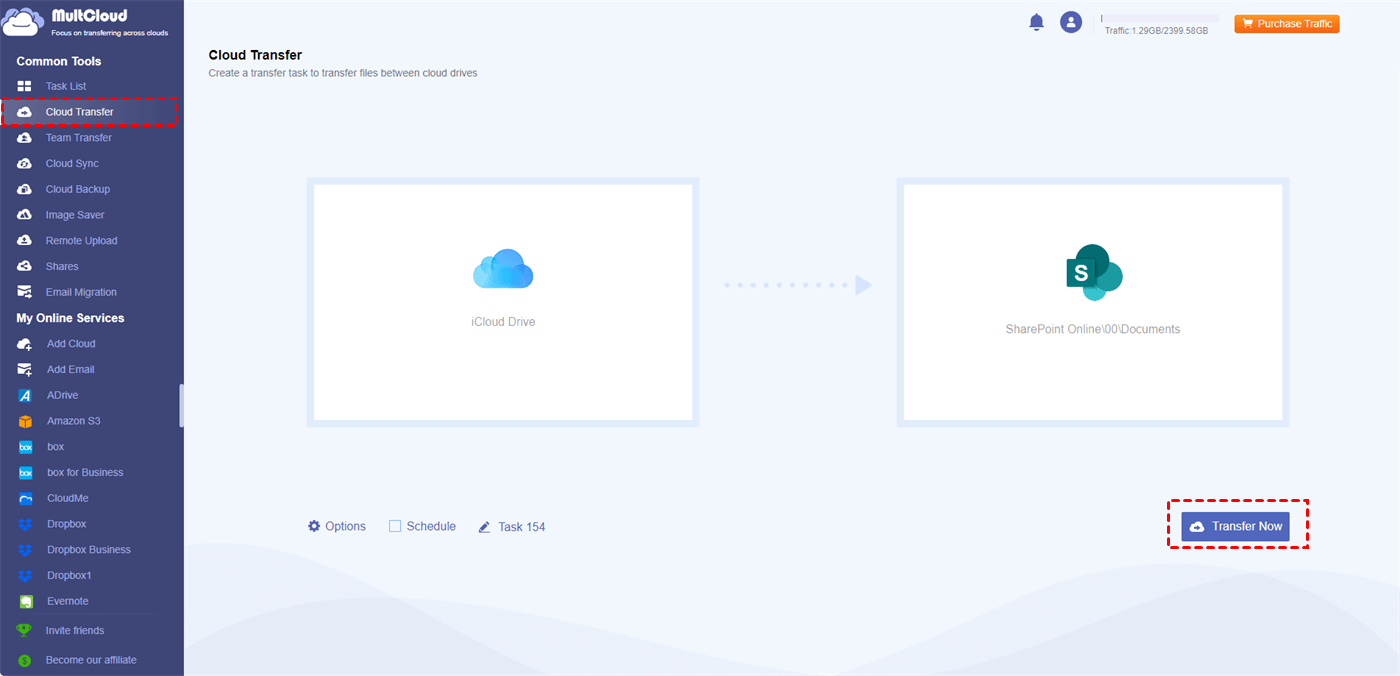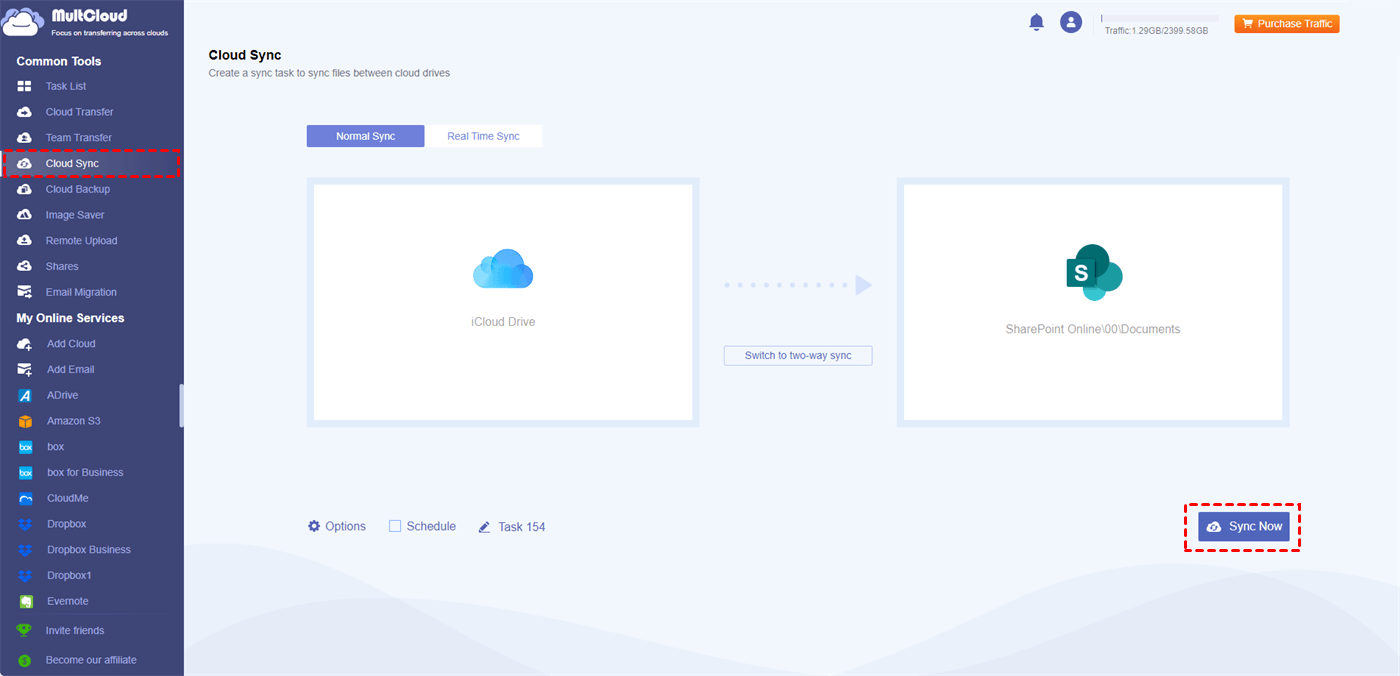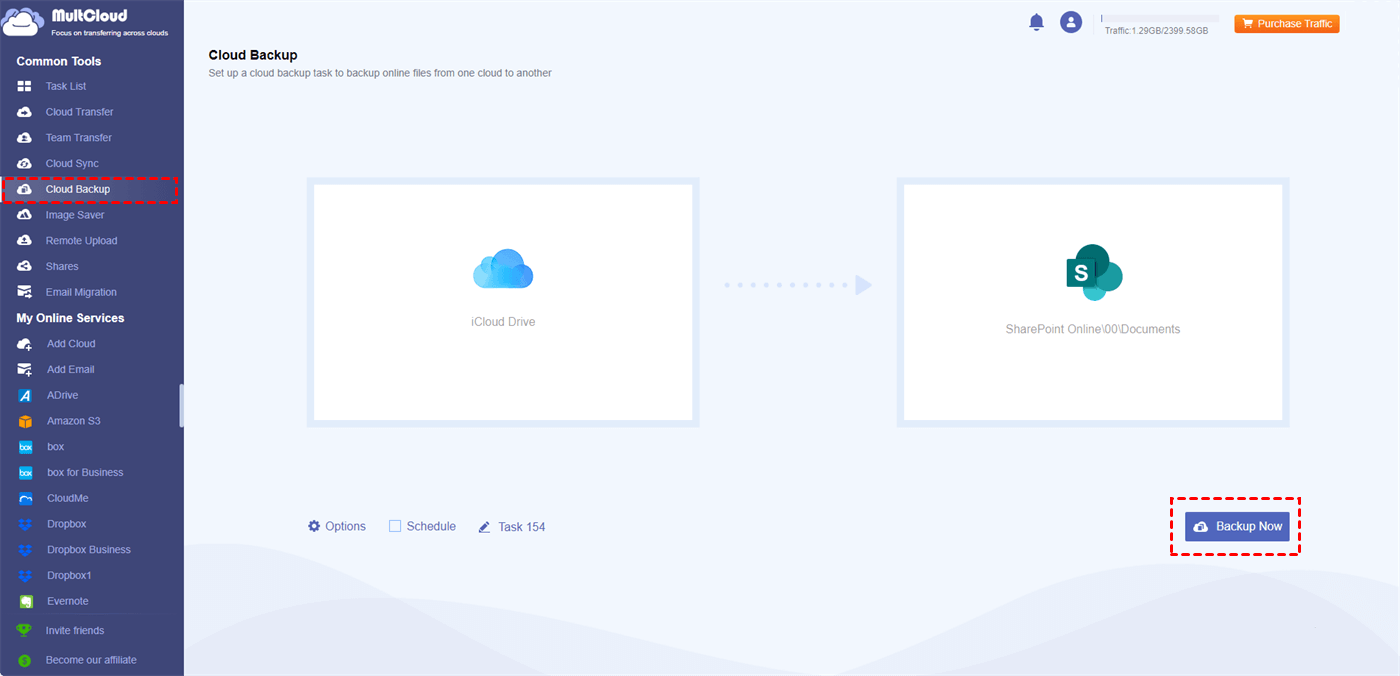Understanding iCloud and Microsoft SharePoint
It is important to understand what is the difference between iCloud and Microsoft SharePoint before making a comparison.
iCloud
iCloud is Apple’s cloud computing and storage service that works seamlessly with a suite of products, including Mac, iPhone, iPad, and even Windows PC (iCloud for Windows). Services like file storage, data syncing, and cloud app usage are available in iCloud. It is designed primarily for personal use, but it can also be used by small businesses that heavily rely on Apple products.
Microsoft SharePoint
On the other hand, Microsoft SharePoint is a powerful document management and collaboration tool built for organizations of all types. It also offers a variety of tools for document storage, sharing, workflow management, and team collaboration, integrated with Microsoft 365 (formerly Office 365). Its greater customizability and scalability make SharePoint ideal for larger organizations with more complex needs.
iCloud vs Microsoft SharePoint: Key Features
See how iCloud vs SharePoint differ by checking out the key features of each product.
1. Storage and Sync
iCloud:
• Get 5GB of free storage space. Get 2TB of storage with a plan that pays for it.
| iCloud+ | Storage | Price |
| 50GB | $0.99 | |
| 200GB | $2.99 | |
| 2TB | $9.99 | |
| 6TB | $29.99 | |
| 12TB | $59.99 |
• Smooth sync between Apple devices.
• App info, documents, and photos are automatically backed up.
• Share files from iCloud Drive with anyone, even non-Apple customers.
Microsoft SharePoint:
• Microsoft 365 plans include a 1TB storage limit per user.
| Plan | Storage | Price |
| SharePoint (Plan 1) | 1TB per user | $5 user/month |
| Microsoft 365 Business Standard | 1TB per user | $12.5 user/month |
• Added OneDrive for Business sync options
• File recovery options and version history
• Configure powerful permissions for file sharing and teamwork.
2. Collaboration and Document Management
iCloud:
- Easy co-editing and document sharing with iWork apps (Keynote, Pages, and Numbers). Limited to real-time teamwork within the Apple ecosystem
- Easy sharing via email invitation or link
Microsoft SharePoint:
- Workflow for complex document management, approvals, version control, and check-in/check-out
- Real-time co-authoring within Microsoft Office applications
- Integrates with teams to improve project management and communication
3. Customization and Integration
iCloud:
- Limited customization capabilities
- Strong ecosystem integrations with Apple, but lacks integration with many third parties.
Microsoft SharePoint:
- Can be heavily customized using Power Automate, SharePoint Designer, and additional tools.
- Extensive API integrations to third-party applications and other Microsoft services (Teams, Outlook, OneDrive).
iCloud vs Microsoft SharePoint: Use Cases
Your unique use case and departmental requirements will always determine which SharePoint vs iCloud is the best for you.
iCloud: Perfect for Individuals and Small Businesses
If you’re familiar with the Apple ecosystem, iCloud offers easy-to-use features and seamless integration. For individuals or small businesses who want simple file sync and storage without complex document management tools, this is the perfect solution.
SharePoint: Designed for All Types of Businesses
SharePoint is the obvious choice for organizations that need robust collaboration, document management, and process automation. It is ideal for growing organizations and larger organizations with more complex needs due to its customizability options and integration with other Microsoft services.
iCloud vs Microsoft SharePoint: Comparison Summary
Highlighting the key differences between Microsoft SharePoint vs iCloud can make it easier to find the platform that’s best suited for your needs.
![]() iCloud: Suitable for both individuals and small businesses using the Apple ecosystem.
iCloud: Suitable for both individuals and small businesses using the Apple ecosystem.
- Pros: Automatic backup, user-friendly interface, and full compatibility with Apple devices.
- Cons: Limitations include limited storage capacity, minimal collaboration functionality, and limited customization.
![]() SharePoint: It is not only a powerful collaboration tool but also suitable for organizations that need it, both small and large.
SharePoint: It is not only a powerful collaboration tool but also suitable for organizations that need it, both small and large.
- Pros: Plenty of integration options, high customization, and advanced document management.
- Cons: Expensive learning curve, more comprehensive plans.
Bonus Tip: How to Use iCloud and SharePoint Together
If you cannot decide to use iCloud or SharePoint after reading the above iCloud vs Microsoft SharePoint comparison, you can try both of them for a period and know which one is better based on your own experience. In this regard, you can use MultCloud to manage your iCloud Drive and SharePoint Online together on one platform to avoid opening multiple websites.
MultCloud is a popular cloud management service that supports 30+ cloud drives, including iCloud Drive, iCloud Photos, SharePoint Online, Google Drive, Dropbox, and so on. It gathers all your cloud files in one place and you can manage these files with functions like Upload, Download, Cut, Delete, Rename, Share, etc. Besides, you can connect these clouds by the Cloud Transfer, Cloud Sync, and Cloud Backup functions.
⭐Cloud Transfer: Directly transfer files from one cloud to another with various transfer options like “Delete all source files after transfer is complete”.
⭐Cloud Sync: Sync files between clouds with 10 various sync modes, such as Real Time Sync, Two-way Sync, Mirror Sync, Cumulative Sync, Incremental Sync, etc.
⭐Cloud Backup: Backup different versions of files to another cloud and restore your preferred version.
Conclusion
There is no universal answer to the question “iCloud vs. Microsoft SharePoint which is better”. Your decision will be influenced by the size of your organization, your unique needs, and the state of your current ecosystem. For those interested in Apple products, iCloud is ideal for those who are easy to use and user-friendly for both individuals and small businesses. In contrast, Microsoft SharePoint offers the best performance in settings where advanced document management, integration, and collaboration are required.
Ultimately, if you want to use both of them, you can try MultCloud for easier management. Apart from basic functions like uploading, downloading, and sharing, MultCloud gives more cloud-to-cloud transfer, sync, and backup functions to integrate them seamlessly.
MultCloud Supports Clouds
-
Google Drive
-
Google Workspace
-
OneDrive
-
OneDrive for Business
-
SharePoint
-
Dropbox
-
Dropbox Business
-
MEGA
-
Google Photos
-
iCloud Photos
-
FTP
-
box
-
box for Business
-
pCloud
-
Baidu
-
Flickr
-
HiDrive
-
Yandex
-
NAS
-
WebDAV
-
MediaFire
-
iCloud Drive
-
WEB.DE
-
Evernote
-
Amazon S3
-
Wasabi
-
ownCloud
-
MySQL
-
Egnyte
-
Putio
-
ADrive
-
SugarSync
-
Backblaze
-
CloudMe
-
MyDrive
-
Cubby
